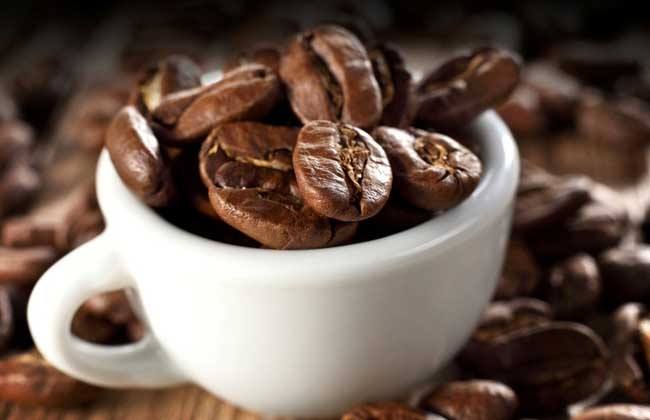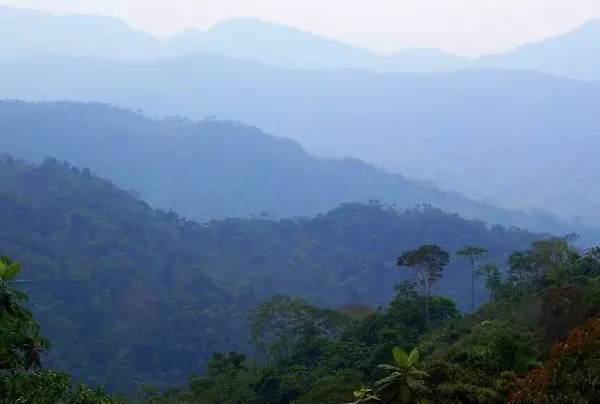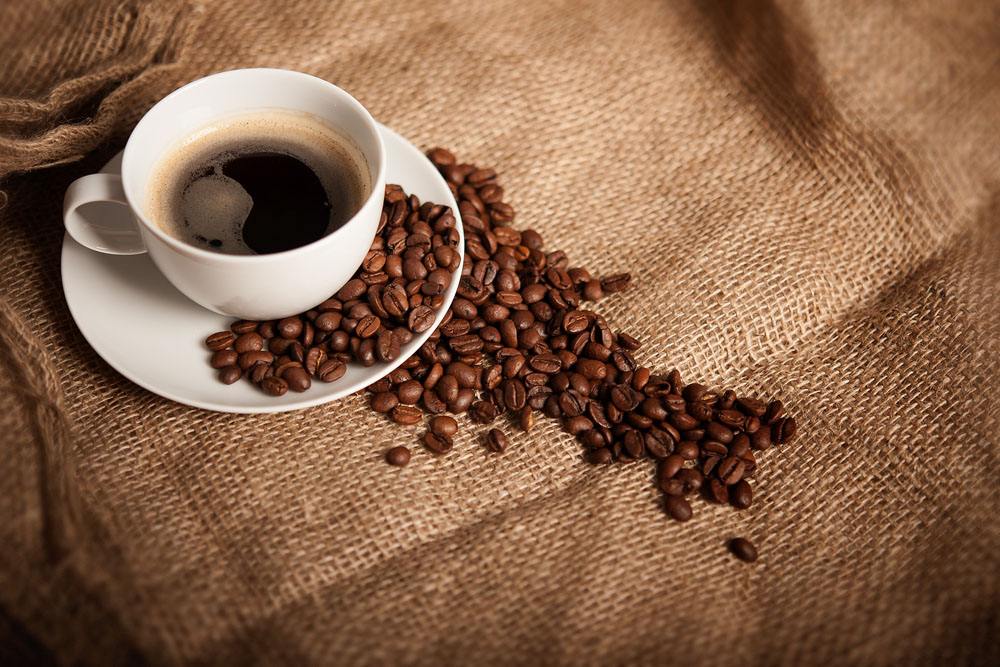Grading criteria for Salvadoran coffee
Follow the caf é (Wechat official account vdailycom) and found that Beautiful Cafe opened a small shop of its own.
Salvadoran coffee is graded according to the altitude of planting, with the highest grade being SHG:
More than SHG:Strictly High Grown-1200 meters
More than HG:High Grown-900 meters
Above CS:Central Standard-600 meters.
El Salvador boutique coffee is concentrated in the volcanic rock producing areas of Santa Ana in the west and Charantanan fruit in the northwest. In recent years, the top 10 cup tests are almost entirely from these two producing areas, with an altitude of about 9-1500 meters, mainly bourbon (68%). Followed by Pacas (29%), mixed-race Pakamara, Dulaai and Kaddura accounted for only 3%.
The coffee harvest lasts from November to March. The fresh fruit of coffee is picked by hand.

Climatic characteristics
Savanna climate. The plain area belongs to the tropical rain forest climate and the mountain area belongs to the subtropical forest climate. The average annual temperature is 25-28 ℃. The annual precipitation is more than 1800 mm in mountain areas and about 1000 mm in coastal areas. The rainy season is from May to October.
Don't underestimate El Salvador's coffee production. In its heyday, it was once the fourth largest coffee producer in the world, but decades of civil war almost dragged down the coffee industry. fortunately, the war has stopped in recent years, and the coffee industry has come back to life. The only benefit that the civil war brought to the Salvadoran country was that the farmers' fields were barren and failed to catch up with the most popular Katimo exposure train in the past two decades, thus preserving the ancient varieties of bourbon and Tibica, that is to say, El Salvador still uses the most traditional shade planting, which is of positive significance to the aroma of coffee. In 2005, the Salvadoran mixed-race Pacamara boasted in coe, which confused many international cup testers and did not know how to grade it. It was never expected that this hybrid bean not only broke the mellow boundaries of coffee, but also expanded the visibility of Salvadoran coffee.
Active volcanic activity brings mineral-rich volcanic ash to the country. In the soil dominated by volcanic ash, there are more minerals and less organic matter. Therefore, in order to maintain the geographical position and make up for the lack of organic matter, farmers in the country will use the pulp residue of treated coffee beans or organic matter under coffee trees as fertilizer to make up for the lack of organic matter in the soil. Make the planting of coffee trees more able to produce coffee beans with harmonious taste. The country's most meaningful initiative is to introduce organic agriculture to the world, cultivating more than 150000 tons of organic coffee every year.
There are six major coffee producing areas in Sakuo, all of which are distributed in the alpine slopes or plateau areas covered with volcanic ash at an altitude of 1200 meters above sea level. November to April of the following year is the coffee harvest and harvest season. As coffee prefers a mild climate, coffee trees are mainly planted in the shade of tall trees (shade grown coffee) in order to avoid excessive temperature and direct sun exposure, affecting the quality of coffee beans. The coffee beans produced by it belong to Arabica species, mainly from Pacas and Bourbon brands, and belong to big beans with sweet taste and excellent flavor.
Important Notice :
前街咖啡 FrontStreet Coffee has moved to new addredd:
FrontStreet Coffee Address: 315,Donghua East Road,GuangZhou
Tel:020 38364473
- Prev

Description of taste and flavor of coffee beans for solitary travelers in Dark Arts, Bolivia
Follow the caf é (Wechat official account vdailycom) found that the Beautiful Cafe opened its own small shop in Bolivia Suapi comes from the La Paz producing area. Outside the city of Caranavi, coffee cherries are processed on a small farm, peeled and peeled mechanically, fermented in a small fermentation tank overnight, and then washed after fermentation.
- Next

Why is the coffee industry in El Salvador struggling?
Following Cafe Review (Wechat official account vdailycom) found that Beautiful Cafe opened a small shop of its own. Why is the coffee industry in El Salvador struggling? In addition to the industrial recession caused by the national economic structure, there are also some other industries themselves. We focus on the following key factors. 1. Fragile national policy, from a historical point of view, El Salvador
Related
- Detailed explanation of Jadeite planting Land in Panamanian Jadeite Manor introduction to the grading system of Jadeite competitive bidding, Red bid, Green bid and Rose Summer
- Story of Coffee planting in Brenka region of Costa Rica Stonehenge Manor anaerobic heavy honey treatment of flavor mouth
- What's on the barrel of Blue Mountain Coffee beans?
- Can American coffee also pull flowers? How to use hot American style to pull out a good-looking pattern?
- Can you make a cold extract with coffee beans? What is the right proportion for cold-extracted coffee formula?
- Indonesian PWN Gold Mandrine Coffee Origin Features Flavor How to Chong? Mandolin coffee is American.
- A brief introduction to the flavor characteristics of Brazilian yellow bourbon coffee beans
- What is the effect of different water quality on the flavor of cold-extracted coffee? What kind of water is best for brewing coffee?
- Why do you think of Rose Summer whenever you mention Panamanian coffee?
- Introduction to the characteristics of authentic blue mountain coffee bean producing areas? What is the CIB Coffee Authority in Jamaica?

